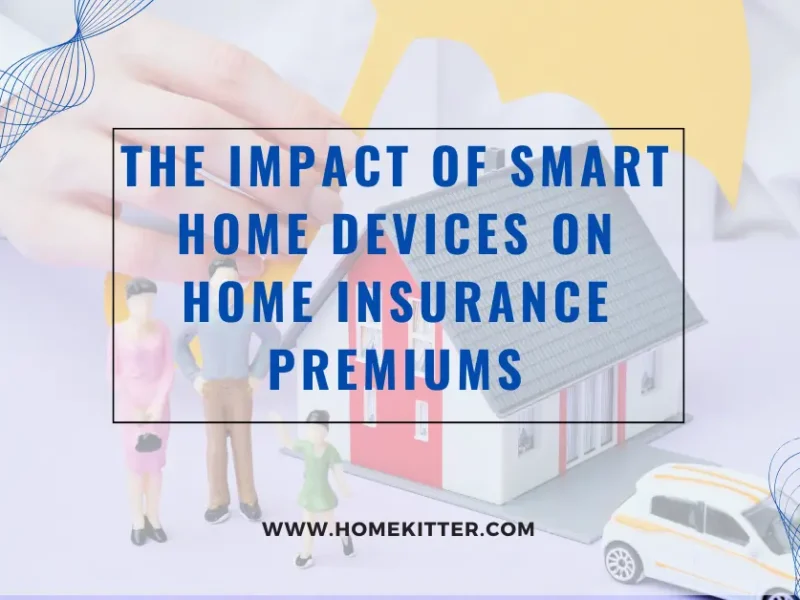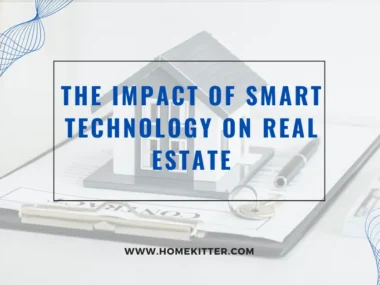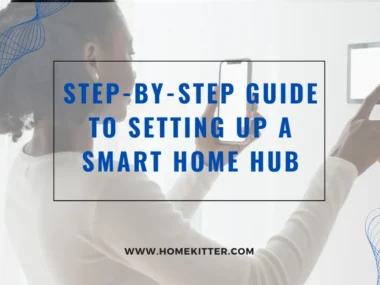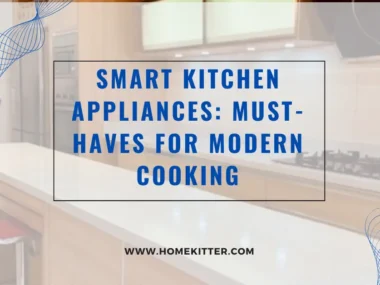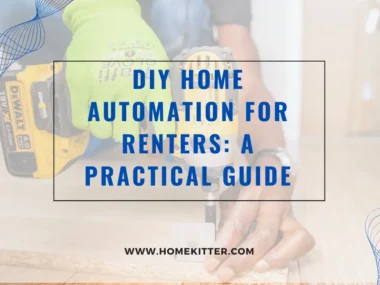Table of Contents
The Impact of Smart Home Devices on Home Insurance Premiums. The increasing popularity of smart home devices is revolutionizing our lifestyle, introducing thermostats that adapt to our preferences and security cameras that maintain vigilant watches.
Smart home technology not only enhances efficiency, security, and the overall living experience but also holds a discreet advantage – its potential impact on home insurance premiums.
This article delves into the ascent of smart home technology, shedding light on its positive influence on home insurance. It underscores the significance of security and monitoring systems in this context.
Smart home technology encompasses a diverse array of devices crafted to elevate the efficiency, security, and overall living experience at home. Examples range from smart thermostats and lighting systems to doorbell cameras and comprehensive home security systems.
As these technologies become more accessible and affordable, an increasing number of homeowners are embracing the smart home revolution.
Insurance providers are recognizing the advantages that smart home technology offers homeowners, resulting in prospective discounts and reduced premiums.
Here’s an exploration of how the proliferation of smart home devices can positively shape your home insurance expenses:
The Impact of Smart Home Devices on Home Insurance Premiums
Advanced Security Measures
Real-time monitoring and alerts provided by smart home security systems reduce the likelihood of burglaries and break-ins. Homeowners investing in these cutting-edge security measures may qualify for insurance discounts.
How to Create a Home Gym with Smart Fitness Tech
Damage and Loss Prevention
Smart home devices excel at detecting potential issues such as water leaks, fires, or extreme temperatures before they escalate. By averting or minimizing damage, homeowners equipped with these systems may be perceived as lower-risk policyholders, potentially leading to lower premiums.
Remote Monitoring and Control
The capability to remotely monitor and control various aspects of your home is a substantial advantage. Whether adjusting your thermostat or checking security cameras via your smartphone, this level of control contributes to a safer home environment.
Fire and Carbon Monoxide Detection
Smart smoke detectors and carbon monoxide detectors not only issue early warnings but can also automatically alert emergency services. Insurance companies value proactive measures that mitigate the risk of extensive damage.
Data-Driven Insights
Some insurance providers are exploring the utilization of data from smart home devices to more accurately assess risk. For instance, data on home security and maintenance practices contribute to a more personalized and equitable insurance premium.
To maximize the impact of smart home technology on insurance premiums, prioritizing security features is crucial. By detecting potential issues like water leaks, fires, or extreme temperatures before they escalate, smart home devices position homeowners as lower-risk policyholders, potentially making them eligible for reduced premiums.
Navigating the Landscape
For those considering the integration of smart home devices, it’s crucial to navigate the insurance landscape and understand the specific criteria that insurers consider when offering discounts. Some providers may require professional installation, while others accept self-installation with certification.
Additionally, regular updates to the smart devices and notification systems can further solidify eligibility for potential premium reductions.
In conclusion, the positive impact of smart home devices on home insurance premiums is evident. Through the adoption of smart home technology, homeowners can bolster their home security, prevent damage and loss, and create a safer home environment.
Insurance companies are acknowledging these benefits, extending potential discounts and lower premiums to homeowners embracing the smart home revolution.
Are you prepared to leverage these advantages and make your home safer and more cost-effective?
